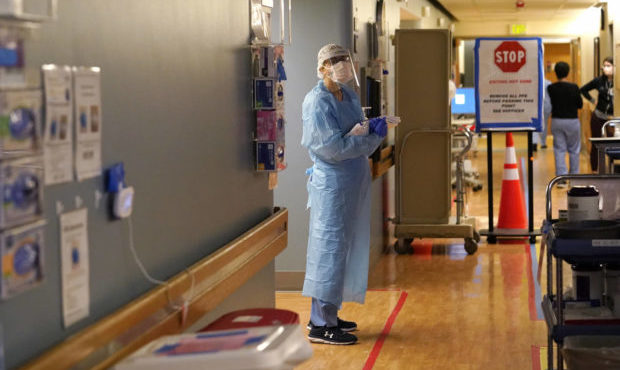
MyNorthwest
Different races have been found to react differently to certain medical treatments, in part based on an individual’s genetic ancestry. Those genetic health risks are being studied by Dr. Timothy Thornton, a professor, the associate chair of education, and the graduate program director in the department of biostatistics at the University of Washington School of Public Health.
Category